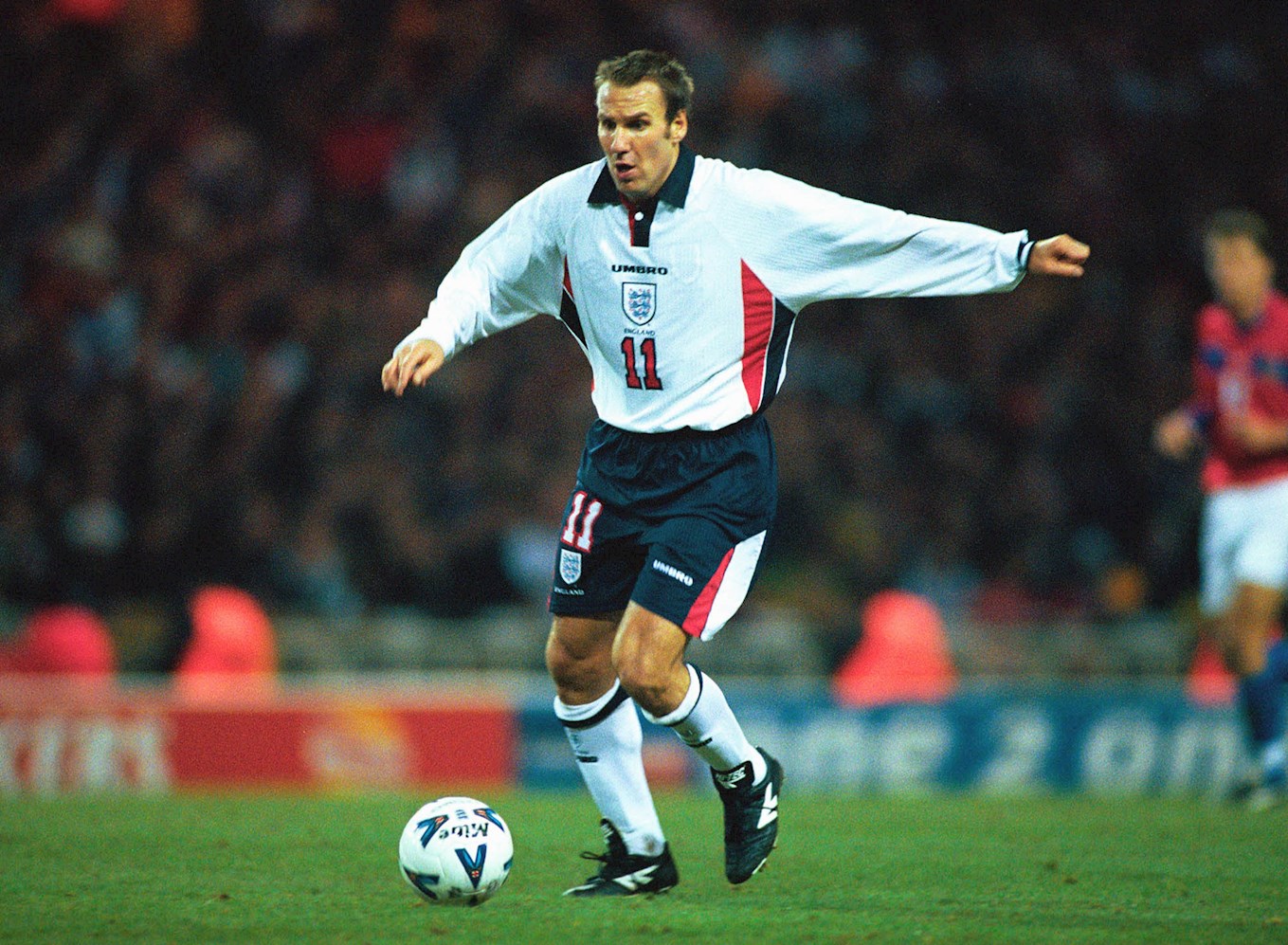The Olympics are held every four years, serving as a global stage for athletes to display their skills and compete for top honors. These events bring immense public attention, where athletes are scrutinized for their performances and personal lives. While some become icons for their victories, others face challenges that affect their careers, such as struggles with substance abuse. From drugs to alcohol, many athletes grapple with addiction, impacting both their professional achievements and personal well-being. This article explores the experiences of athletes who have dealt with substance abuse, shedding light on the impact it has had on their lives.
Substance abuse is a frequent topic of discussion as major sporting events approach. The pressure to perform at the highest level can lead athletes to experiment with various substances, from alcohol to performance enhancers. A well-known example is Sha’Carri Richardson, who faced disqualification from the 2021 Olympics after testing positive for marijuana. This incident demonstrates how substance use can disrupt an athlete’s career, with the media often focusing on the negative consequences. Behind these publicized cases lies the mental health strain that athletes endure, which may drive them to use substances as a form of coping.
1. John Daly: A Career Shaped by Alcohol and Gambling
John Daly, a professional golfer, is no stranger to substance abuse, particularly alcohol and gambling. His turbulent career was marked by frequent drinking, which started before many of his matches. Daly believed that drinking helped him win, although he refrained from drinking while actually competing. He struggled with his addictions throughout his career, entering rehab several times. Despite these efforts, Daly’s alcoholism remained a prominent part of his public image. His chaotic lifestyle, including gambling losses and public intoxication, highlights how addiction can overshadow athletic talent and personal life.
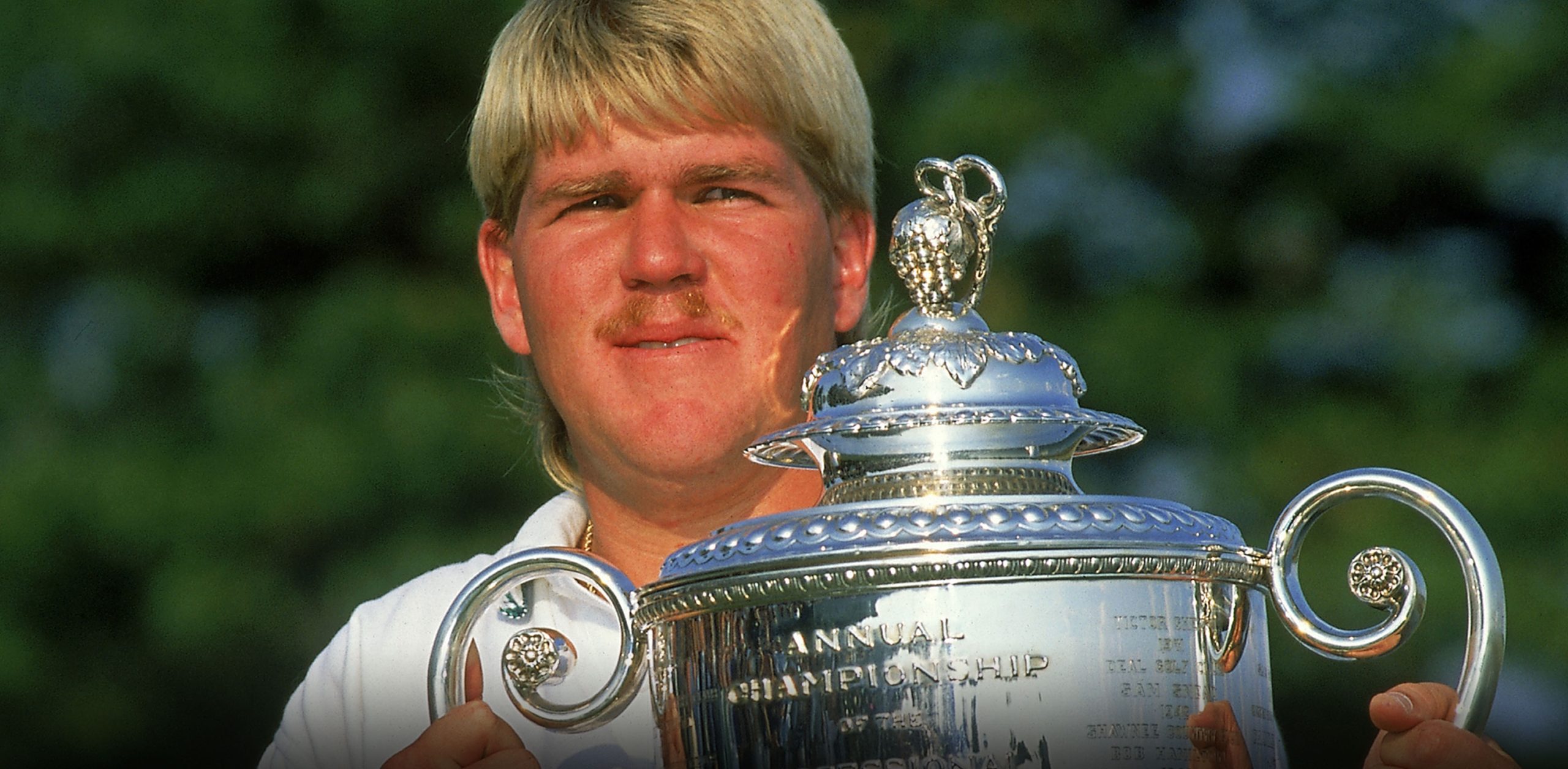
2. Paul Merson: Battling Alcohol and Gambling Addiction
Paul Merson, a former footballer from England, has been open about his struggles with alcohol and gambling. His addictions were worsened by depression, leading to a public admission in 1994 that he was battling alcohol, cocaine, and gambling dependencies. Merson sought help through rehabilitation and has since become an advocate for addiction recovery. His career was impacted by his issues, including a drunk-driving arrest and a car accident. Merson’s willingness to discuss his struggles has helped raise awareness about addiction’s impact on athletes, showing that recovery is possible despite the challenges.

3. Lawrence Taylor: Cocaine Addiction and Its Consequences
Lawrence Taylor, an NFL legend, was known for his ferocious playing style and success on the field. However, his career was plagued by cocaine addiction, which began early in his professional journey. After trying the drug in 1981, Taylor’s use escalated, leading to multiple failed drug tests. His substance abuse impacted his performance and personal life, leading to several rehab attempts. Despite his success, Taylor’s addiction persisted well after his playing days. His story underscores the difficulty athletes face when trying to overcome addiction, even with significant career achievements.
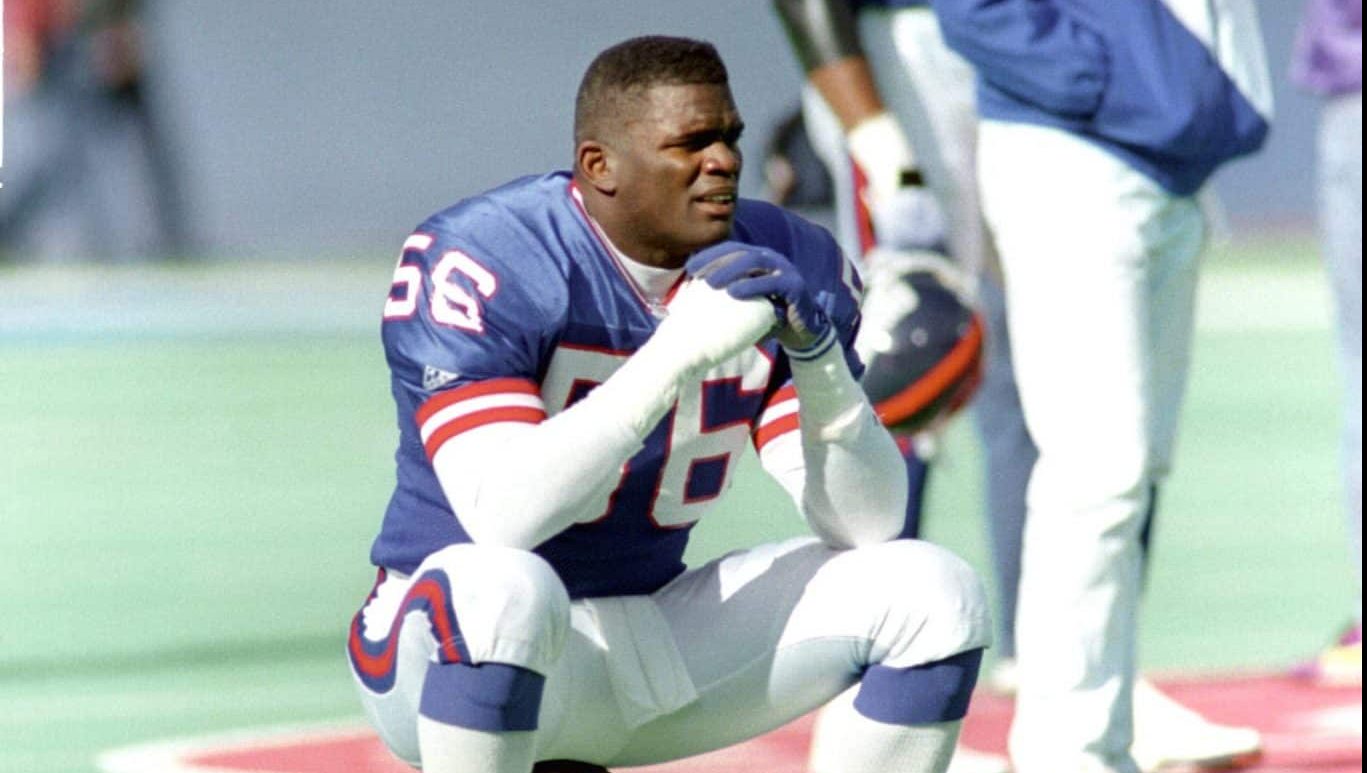
4. Mickey Mantle: Alcohol Addiction and Its Consequences
Mickey Mantle, a legendary baseball player, spent much of his career with the New York Yankees. Despite his athletic success, Mantle struggled with alcohol addiction for much of his life. He did not seek treatment until later in his life, by which time the damage had already been done. Mantle was diagnosed with liver cancer, cirrhosis, and hepatitis caused by years of drinking. He died in 1995, just months after undergoing a liver transplant. His struggles with addiction were shared by his sons, who also battled alcohol-related issues, making Mantle’s story a tragic example of the long-term consequences of substance abuse.
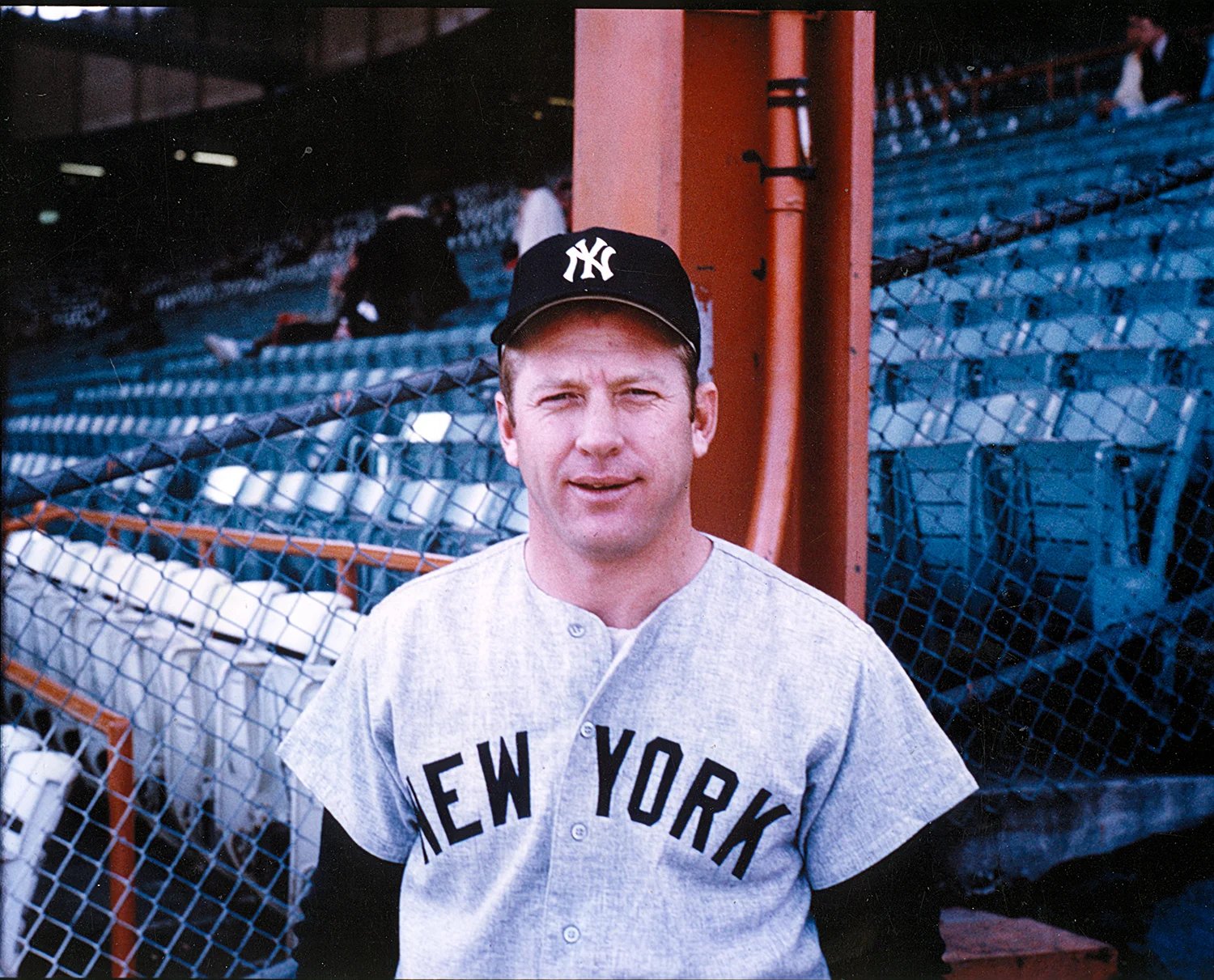
5. Steve Howe: A Life Defined by Substance Abuse
Steve Howe, a former MLB pitcher, had a career tainted by substance abuse. Howe faced multiple suspensions for drug-related offenses, including testing positive for cocaine on several occasions. He entered rehab multiple times, but his struggles persisted throughout his life. His addiction ultimately led to his tragic death in 2006, when he overdosed on methamphetamine. Howe’s life demonstrates the persistent nature of addiction, even for professional athletes who receive treatment. His death serves as a grim reminder of how addiction can take a devastating toll, both on careers and personal lives.
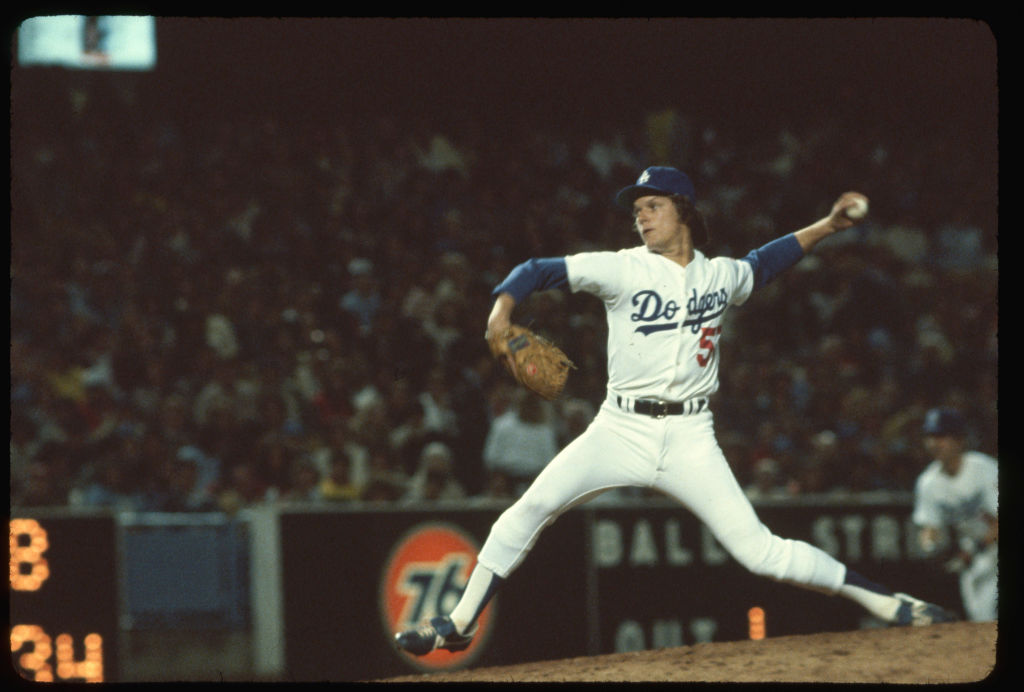
6. Michael Phelps: Struggling and Overcoming Addiction
Michael Phelps, the most decorated Olympian in history, with 23 gold medals, has had his own battles off the poolside. Despite his incredible achievements, Phelps faced scrutiny after a photograph surfaced showing him smoking marijuana in 2009. This resulted in the loss of his sponsorships and a three-month suspension. In addition, Phelps had issues with alcohol, which led to arrests and rehab admissions. He later explained that his substance use stemmed from depression. Through years of therapy and sobriety, Phelps has worked to overcome his struggles, illustrating how addiction can affect even the most successful athletes.
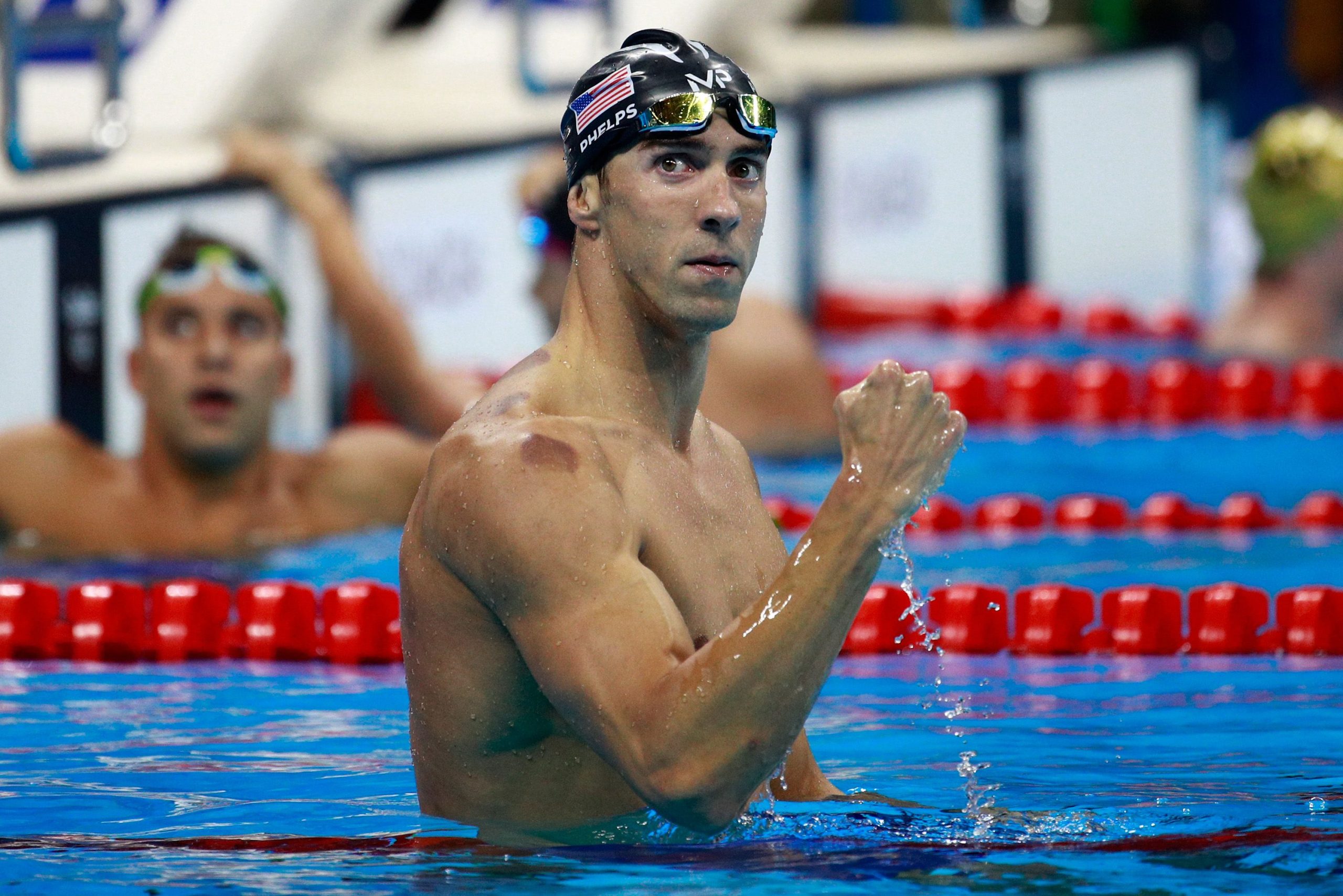
7. CC Sabathia: Sobriety After Years of Alcohol Abuse
CC Sabathia, a former MLB pitcher, struggled with alcohol abuse throughout much of his career. Although he was an accomplished player with numerous accolades, including a Cy Young Award and World Series victory, his drinking habits began to affect his professional life. In 2015, Sabathia checked into rehab after realizing that alcohol was interfering with his career. Since becoming sober, Sabathia has made significant strides in his health, including losing 60 pounds. His successful recovery shows that athletes can turn their lives around, even after years of substance abuse.
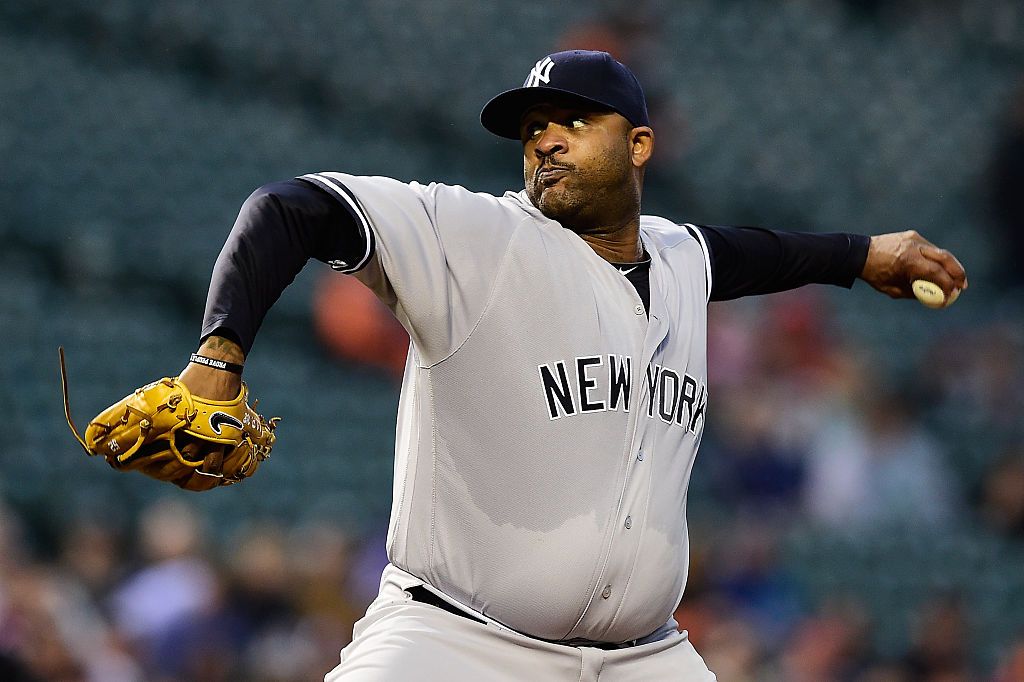
Athletes often face pressures that lead to substance abuse, much like non-athletes. Mental health struggles, such as depression or anxiety, are common triggers for substance use. The physical toll of intense training, combined with the stress of competition, can push athletes to seek relief through alcohol or drugs. These substances may initially seem like a way to cope with pain or stress, but over time, they can lead to addiction, which harms both the mind and body. Athletes may struggle with addiction due to the same emotional and psychological factors that affect others, underscoring the need for proper support.
The stories of athletes like Michael Phelps, John Daly, and Lawrence Taylor illustrate how substance abuse can impact even the most successful careers. Addiction does not discriminate, and even the brightest stars are not immune to its effects. While some athletes have managed to overcome their struggles and find recovery, others continue to face the lasting consequences of addiction. The importance of mental health support and rehabilitation cannot be overstated, as athletes need assistance not only with their physical training but also with managing the psychological pressures that often lead to substance abuse. Their experiences highlight the need for greater awareness and help for those facing similar challenges.
